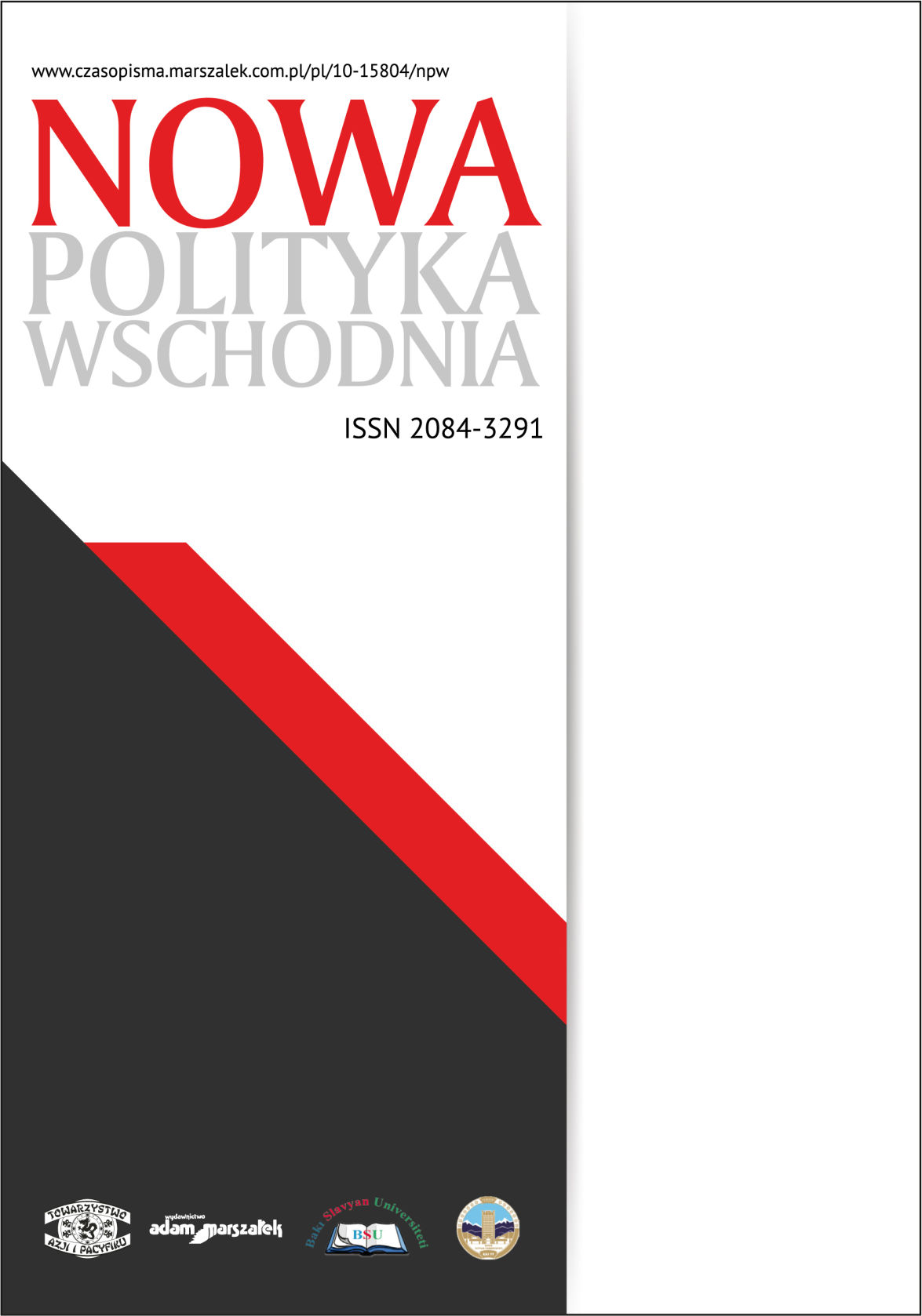Forced Migration from Ukraine during the Russian-Ukrainian War: impact on the EU and Ukraine
Forced Migration from Ukraine during the Russian-Ukrainian War: impact on the EU and Ukraine
Author(s): Alla Atamanenko, Mariia AvhustiukSubject(s): Migration Studies, Asylum, Refugees, Migration as Policy-fields, Russian Aggression against Ukraine, Russian war against Ukraine
Published by: Wydawnictwo Adam Marszałek
Keywords: full-scale invasion; forced migration; foreign migration; migrants; refugees; external migration; Ukraine; EU countries;
Summary/Abstract: The full-scale invasion of Russia into Ukraine on February 24, 2022, which was accompanied by the violation of humanitarian law and the demolition of civilian infrastructure, has led to the emergence of forced migration. Millions of people left the country within a short period. On March 4, the EU Temporary Protection Directive was reactivated in response to the unprecedented flow of migrants from Ukraine. EU countries have opened their borders to migrants from Ukraine, providing them with shelter and assistance. Poland and its neighbouring states, such as Romania, Moldova, Hungary, as well as the Czech Republic, Slovakia, Germany, Austria, received the highest quantity of migrants. The wave of migration has had a noticeable influence on the functioning of labour markets and employment, even in those regions of Ukraine which have not been exposed to military activity. Comprehensive studies show that external migration, among other factors, will significantly affect the demographic situation in Ukraine due to the increase in the number of people who do not plan to return from abroad. A key factor in the crisis is the fact that the majority of these people is youth of employable age and children. Besides, educational migration from Ukraine to EU countries has also increased significantly. The influx of immigrants who have established themselves in the nations of the European Union have significantly impacted the labour markets of these countries, putting a considerable strain on the public funds of the host countries. The question of Ukrainian immigrants’ ability to engage in activities such as schooling (including access to educational opportunities for children), employment, residence, and healthcare in both the immediate and long-term future is coming to the fore. Ukrainian and international scholars alike have done numerous studies on external migration from Ukraine; nonetheless, the forced migration resulting from the full-scale military invasion of Ukraine has yet to be adequately examined. Subsequently, the article is intended to examine the displacement circumstances in Ukraine and the EU and to evaluate the consequence of compulsory external migration in Ukraine and the EU.
Journal: Nowa Polityka Wschodnia
- Issue Year: 38/2023
- Issue No: 3
- Page Range: 38-59
- Page Count: 22
- Language: English

